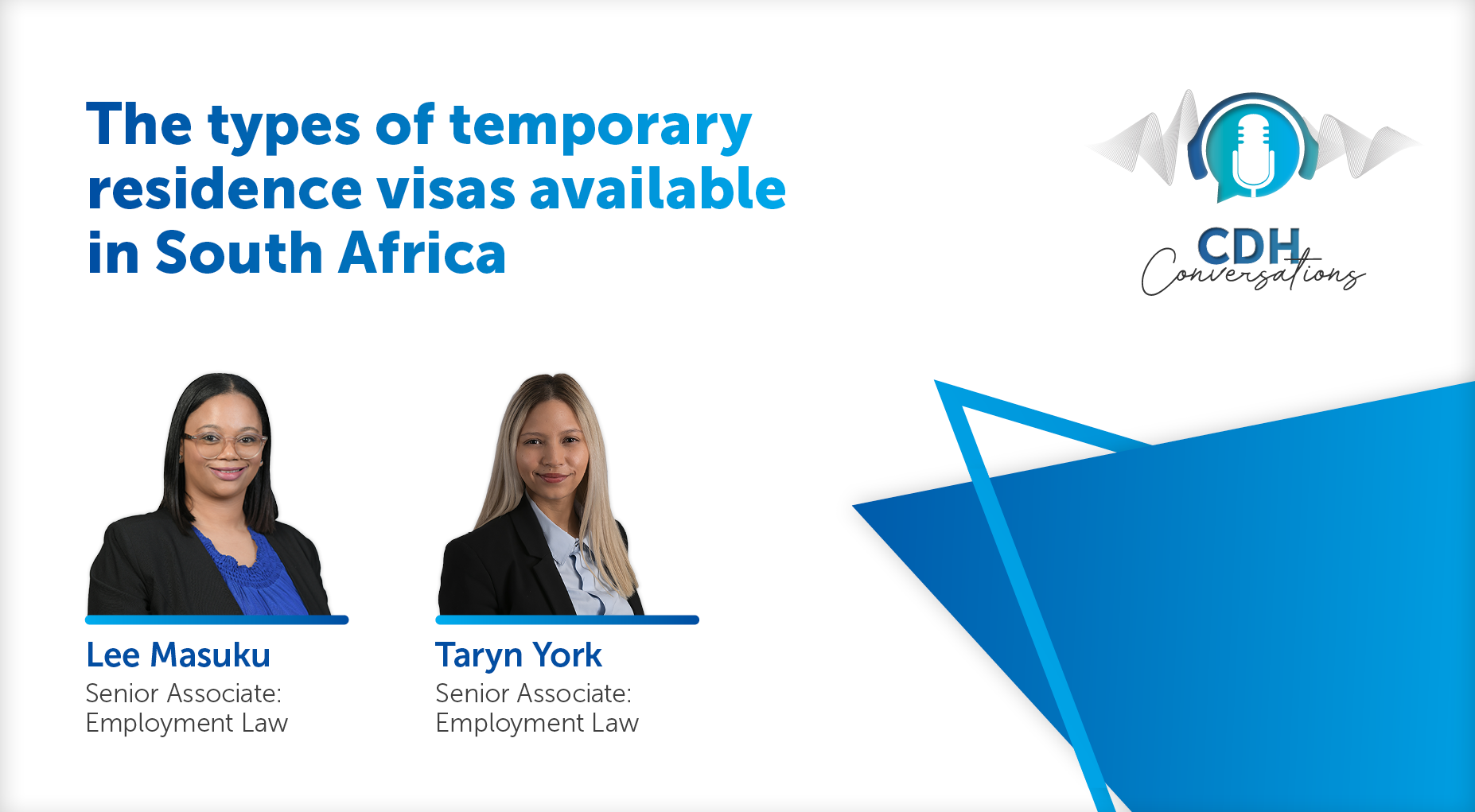New charges: Does the principle of double jeopardy apply?
At a glance
- In the case of SAMWU obo AN Malatsi v Gert Sibande District Municipality, the applicant sought to review and set aside an arbitration award based on double jeopardy.
- The applicant was initially dismissed but reinstated due to lack of evidence. After reinstatement, new charges of gross dishonesty and failure to comply with IT policy were brought against the applicant, leading to his second dismissal.
- The court found that the second charges did not constitute double jeopardy as they were different from the previous charges, emphasizing that an employer can conduct a second disciplinary inquiry with new evidence and different charges if fairness is maintained.
Background
A brief summary of the facts is outlined below.
The Municipality employed the applicant in 2009 as an intern, and he was subsequently permanently employed in September 2010 as an accountant. In 2012, an alert was sent by ABSA bank to the Municipality informing it of possible fraudulent activities. PricewaterhouseCoopers (PwC) was procured to conduct a forensic investigation into the allegations.
The investigations revealed irregularities, the effect of which exposed the Municipality to a potential loss of R 9,7 million. PwC found that during the period between 31 January and 23 February 2012, several attempts were made from the applicant’s computer to access the cash focus internet portal of the Municipality’s bank account.
The applicant was found guilty of misconduct, after it had been determined that his computer was used in an attempt to access a bank account that he did not have the authority to access. The charge levelled against the applicant was that he had failed to conduct himself with honesty and integrity in that he attempted to access the Municipality’s account on 11 occasions on eight different dates between 31 January and 23 February 2012. The alternative charge against the applicant was fraud. The applicant was found guilty and subsequently dismissed.
In the first arbitration award, the presiding arbitrator found that the applicant’s sharing of his password was very irresponsible, but it would be too harsh to dismiss him in circumstances where there was no evidence to conclude that it was indeed the applicant who had attempted to access the bank account. Ultimately the dismissal was found to be unfair, and the applicant was reinstated. The Municipality sought to review the award, but the application was unsuccessful.
After his reinstatement, the Municipality issued the applicant with a notice to attend a disciplinary hearing. Two charges of misconduct were levelled against him. The first charge was gross dishonesty in that the applicant had acted dishonestly with the intention to deceive the Municipality by sharing his own computer-created password with other employees, which resulted in his computer being used for fraudulent activities. The second charge was for failure to comply with the Municipality’s IT policy by sharing his computer’s password with other employees, resulting in his computer being used to conduct fraudulent activities.
The applicant was found guilty and dismissed and a second unfair dismissal dispute was referred to the bargaining council. At the conclusion of the arbitration, the applicant’s dismissal was found to be fair. This is now the subject of the review application in this matter.
The legal question before the court
The legal question before the court was whether the second charges levelled against the applicant constituted double jeopardy.
In response to the legal question, the court found that on the applicant’s own version, the arbitrator could have reasonably concluded that the Municipality’s IT policy incorporates a rule that passwords may not be shared, and that the applicant had indeed breached the rule, which he reasonably ought to have been aware of. The arbitrator had further considered the applicant’s lack of remorse or insight into his wrongdoing together with the risks that the applicant’s misconduct had exposed the Municipality to. In conclusion, the arbitrator had determined that the applicant’s dismissal was fair and that the principle of double jeopardy did not arise, as the applicant had been charged with completely new charges.
In determining whether double jeopardy was applicable, the court considered various case law in respect of the principle of double jeopardy and reiterated that an employer can institute disciplinary action a second time for conduct that arose from the same set of facts, where new evidence has emerged and that fairness will determine whether the employer was justified in doing so.
In considering the facts of this matter, the court determined that the charges in respect of the first disciplinary enquiry, which related to the applicant’s failure to have conducted himself with honesty and integrity and had committed fraud, differed from the charges instituted in the second disciplinary enquiry. These charges related to gross dishonesty in that the applicant had acted dishonestly with the intention to deceive by sharing his password with other employees and failure to comply with the Municipality’s IT policy. These charges were clearly different to those that had been issued in respect of the first enquiry and the court therefore determined that double jeopardy was not applicable. The Municipality was therefore justified in dismissing the applicant for sharing his password and for breaching its IT policy and its conduct in doing so was not in bad faith. In awarding costs, the court held that in light of the meritless grounds of review raised by the applicant and his opportunistic interpretation and application of the principle of double jeopardy, the Municipality was therefore entitled to costs.
This case reaffirms an employer’s right to subject its employees to a second disciplinary enquiry in instances where an employer has received new evidence of a significant nature, which had this evidence been available in the first enquiry, may have resulted in a different outcome. However, each case will be determined on its own merits and fairness will ultimately establish whether the employer was justified in doing so. Furthermore, an employer is entitled to issue new charges against an employee without the risk of the principle of double jeopardy arising.
The information and material published on this website is provided for general purposes only and does not constitute legal advice. We make every effort to ensure that the content is updated regularly and to offer the most current and accurate information. Please consult one of our lawyers on any specific legal problem or matter. We accept no responsibility for any loss or damage, whether direct or consequential, which may arise from reliance on the information contained in these pages. Please refer to our full terms and conditions. Copyright © 2026 Cliffe Dekker Hofmeyr. All rights reserved. For permission to reproduce an article or publication, please contact us cliffedekkerhofmeyr@cdhlegal.com.
Subscribe
We support our clients’ strategic and operational needs by offering innovative, integrated and high quality thought leadership. To stay up to date on the latest legal developments that may potentially impact your business, subscribe to our alerts, seminar and webinar invitations.
Subscribe




